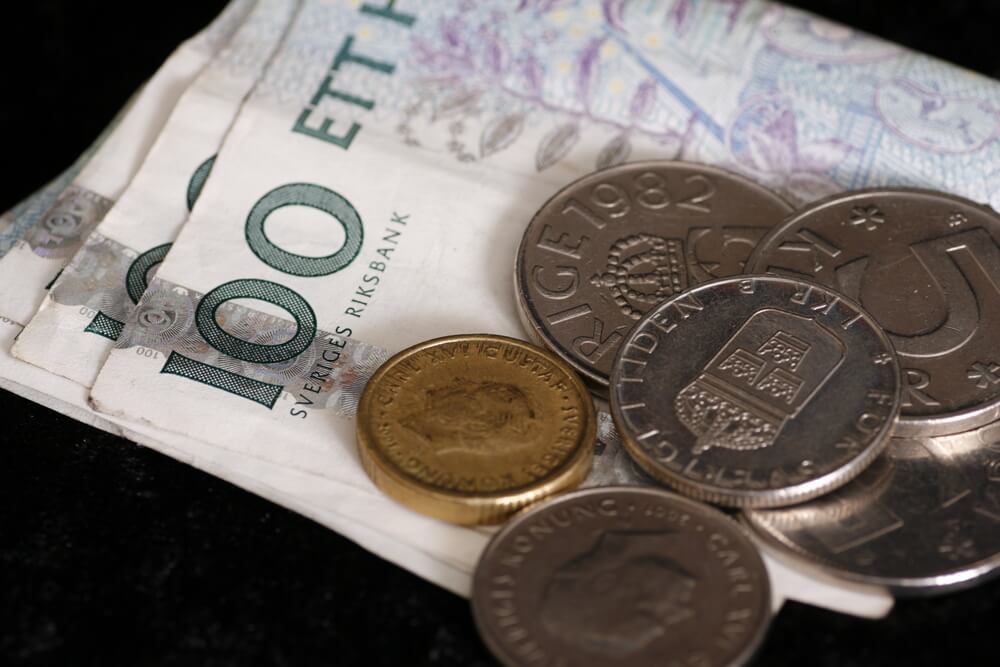World’s Oldest Central Bank Could Be First to Issue Digital Currency
Sweden’s central bank is reportedly considering the issuance of its own digital currency, ekrona, in an effort to address the significant decline of the use of cash in the country.
First revealed in a Financial Times report, Sweden’s Riksbank could introduce and issue its own digital currency before the turn of the decade. As the report reveals, Sweden has seen a rapid decline of the use of physical cash – both coins and notes – in recent times. Circulation has dropped by 40% since 2009, leaving Riksbank little choice but to come up with an alternative solution. A large number of Swedes have abandoned cash for cards and other forms of digital payments – apps, e-transfers etc – making it a notable candidate as a prominent cash-free society .
In a public release, deputy governor at Riksbank Cecilia Skingsley addressed the dire cash-adoption situation. Furthermore, the lack of a template or an example of a central bank-issued digital currency could make the endeavor a tricky effort.
She stated:
The declining use of cash in Sweden means that this is more of a burning issue for us than for most other central banks. Although it may appear simple at first glance to issue e-krona, this is something entirely new for a central bank and there is no precedent to follow.
Skingsley further revealed her personal preference to design the digital currency – similar to that of traditional currency in its properties. The ekrona would not earn any interest and would be designed in a way to not enable illegal activity. This means that the ekrona could be traced by the central bank, in some capacity.
As the FT report notes, the Riksbank first issued paper banknotes in the 1660s, making it the world’s oldest central bank to do so. The report also suggests that blockchain technology could be used as the framework for Riksbank’s If developed, the effort would prove a significant endorsement of blockchain technology, the innovation powering bitcoin, the most prominent digital currency around.

Skingsley’s comments, while relevant to Sweden’s case as a society that has already seen a tremendous decline in cash-usage, comes during a time when China’s central bank has publicly revealed its intention to issue its own digital currency. Earlier this year, the People’s Bank of China stated it is looking to develop and introduce it “as soon as possible.” The governor of the PBOC also opined that paper cash as a “last generation currency”, hinting that China would opt for blockchain technology .
The bank also issued a recruitment notice recently as a call to developers to help enable the design and issuance of its digital currency.
Ultimately, it’s a matter of addressing society’s preference in Sweden’s case, according to Deputy Governor Skingsley.
She stated:
The less those of us living in Sweden use banknotes and coins, the clearer it becomes that the Riksbank needs to investigate whether we should issue electronic money as a complement to the money we have today.
Sweden’s central bank is expected to make a call on its digital currency within the next two years, according to the report.
Images from Wikimedia and Shutterstock.